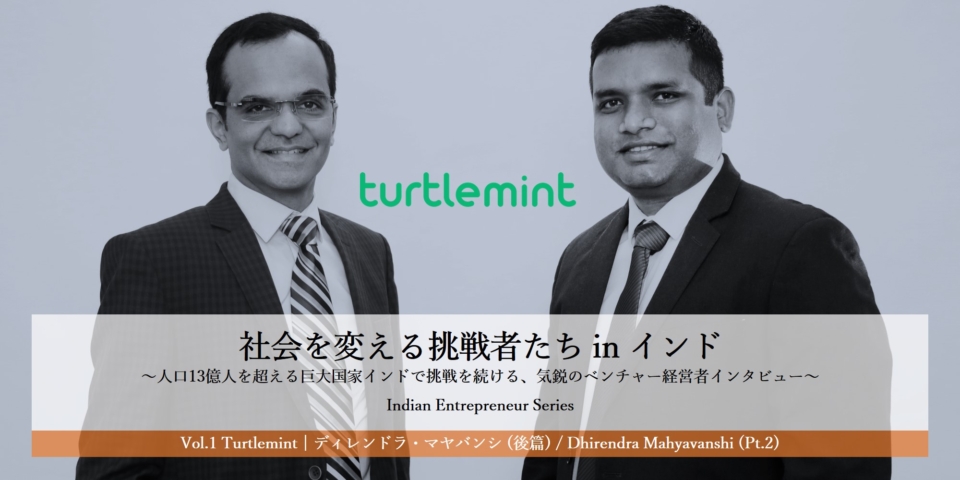
【Indian Entrepreneur Series Vol.1】Turtlemint – Dhirendra Mahyavanshi (Pt.2)
*This article is bilingual in English and Japanese.
You can switch the language by clicking the button on the upper right of this Website.
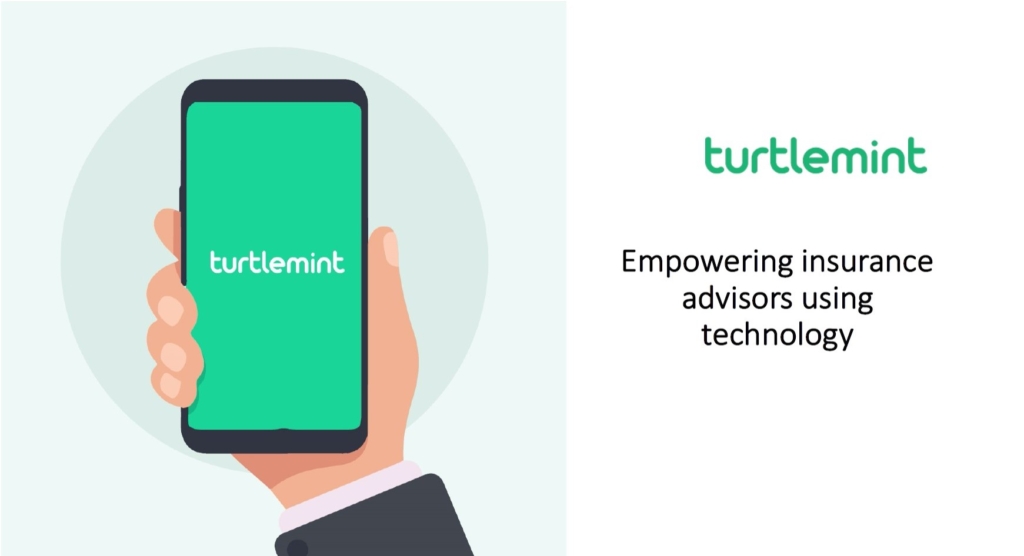
Turtlemint ( https://www.turtlemint.com/ )
Summary of Pt. 1
(Click to read the Pt.1 article)
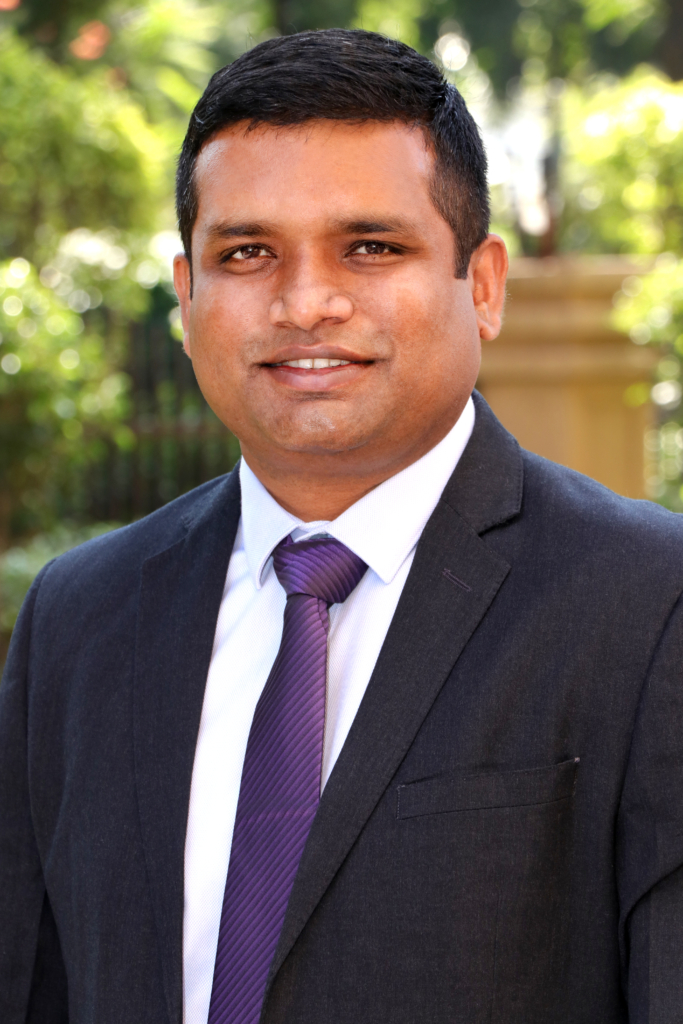
Indian Entrepreneur Series is an interview series on excelling Indian startups that DI has been invested in and supported their management.
Its aim is to introduce their business model, the entrepreneurs’ attraction, and Indian market characteristics. The first interviewee is Dhirendra Mahyavanshi, CEO of Turtlemint.
Turtlemint is a remarkably growing Insurtech Soonicorn (Soon to be Unicorn) with the most recent Series D funding of $30M from the US.
The latter part starts with how COVID-19 has affected India and their business.
The COVID-19 Effect
–In what ways COVID-19 affect India as a whole and your business?
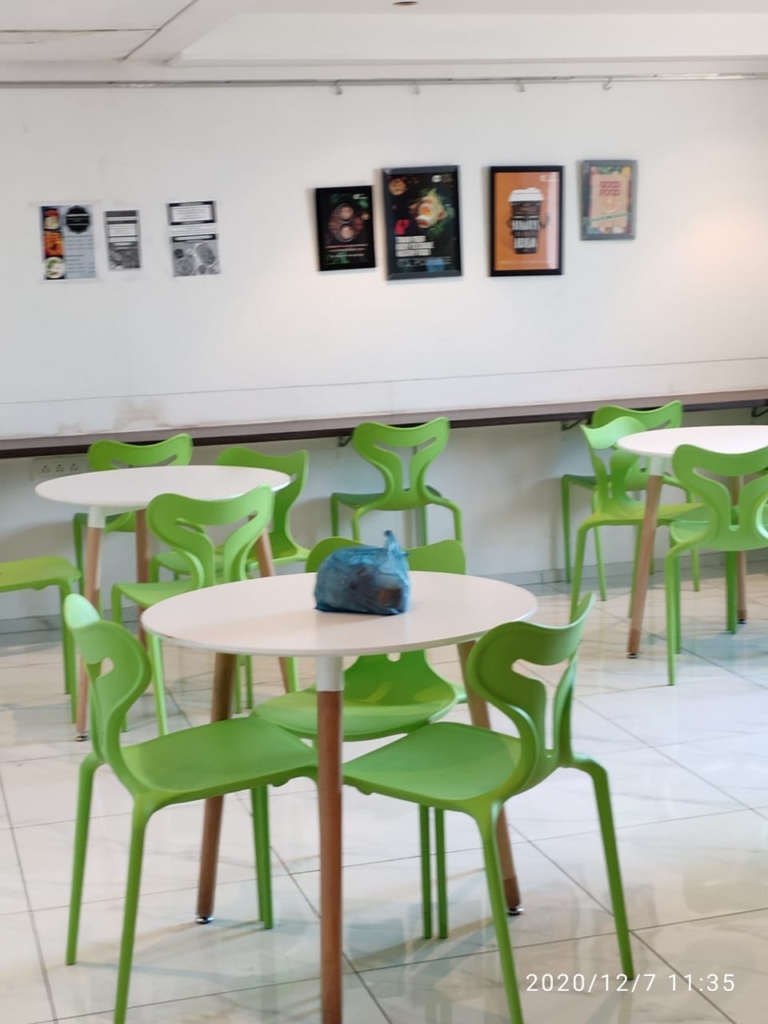
The impact was severe because there was a forced lockdown. GDP has dropped by 25% in quarter one. Quarter one is April, May, and June 25% drop shows a significant impact because India was growing about 6% before.
I saw that COVID-19 lead India to become online from offline. Since our product had already digitized the insurance advisors operations, they performed smoothly even during the lockdown. We had a considerable drop in the first month, but after that, numbers started to grow.
Financial advisors were able to reach the consumers online via video chat apps, and if they like the suggested insurance, the proposal can be shared online instantly. Policy gets issued immediately as well.
Besides the offline-to-online transition, COVID-19 raised significant awareness about insurance in India. People understood that insurance is vital because if something like COVID-19 hits you, it can cost 50,000 – 80,000 dollars for hospitalization. And if you don’t have insurance, you may go bankrupt.
The Person Behind the Business.
–Was becoming an entrepreneur something you ever guessed, or was it something that you were hoping to be?
I always wanted to become an entrepreneur right from my college days. When I was growing up, I wasn’t sure how but it was definitely clear that someday I’d like to have a company of my own.
As I was growing up as a child, we as a family had financial challenges and coming out of these challenges was one of my biggest goals, and the other was creating a startup.
–Are there any motto in your life?
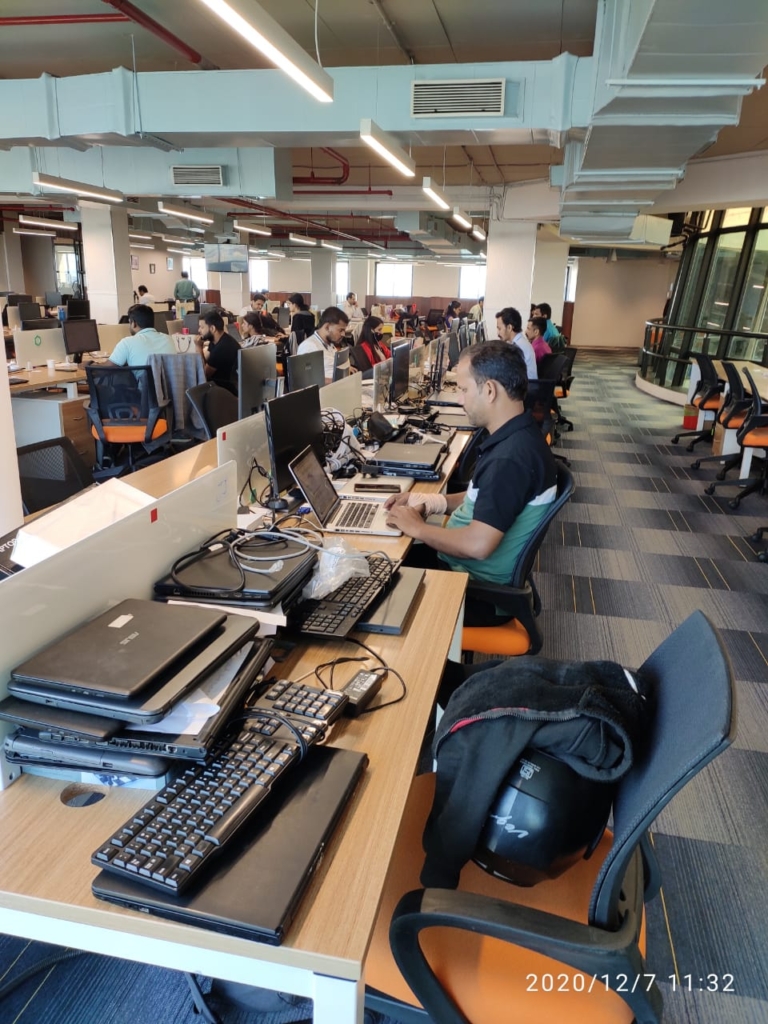 We are operating in integrity as a company, and we are to democratize technology to smaller entrepreneurs like the insurance advisors and create employment for them.
We are operating in integrity as a company, and we are to democratize technology to smaller entrepreneurs like the insurance advisors and create employment for them.
Then everybody can participate, and they can get access to technology. That’s our core thinking, so we try to own the technology and distribute it to everybody. So even enterprises and some larger distributors are using our technology.
There could be competition at some point, but we are fine doing that because we believe that it will mean everybody gets access to what we create.
India- its uniqueness of the market.
–What do you think is the uniqueness of India as a market?
India currently has a large young population that is very aspirational, wants a better life and better incomes for themselves. They are demanding better products and services from the suppliers and the government.
Several problems exist since it’s an enormous country. Twenty-five different languages and 5000 dialects are spoken, every state has its own dynamics, and every Zipcode has its cultural differences.
But these problems are also an opportunity. Issues are complex to solve, and you may underestimate the difficulties you will face, but success is sweet once you solve them.
–Can you name one cultural difference you face while running your business?
In Rajasthan, a northern Indian state, the family has a big expense plan for the daughter’s wedding because it is one of the most significant financial expenses in their income.
In Tamil Nadu, a southern Indian state, there is a substantial financial expense toward education. If you are an insurance seller in Rajasthan, the product marketing material will focus on daughters’ weddings.
But in Tamil Nadu, it has to be education protection. This is just one very simple example that I can share, and we have key solving for each region.
–There are specific preferences in each region.
Yes. Another example is North Indian people are very price-sensitive, and in the south, people are very quality-sensitive.
So the insurance preferences are different in the two areas. Our platform has the intelligence to offer the right product match based on the advisor’s Zip code.
Goals to Reach Out For
–What are the goals that you want to achieve in the next few years and the long-term?
One of our key goals is to ensure that the company does very well in growth. We intend to do more than a million dollars in premium in the next few years from our current $130M.
We want to scale up approximately 8-9 times where we are today. If possible, also list the company on the stock exchange in India.
–Any personal goals?
I have a long list. Traveling to many countries, building six-pack abs, and so on.
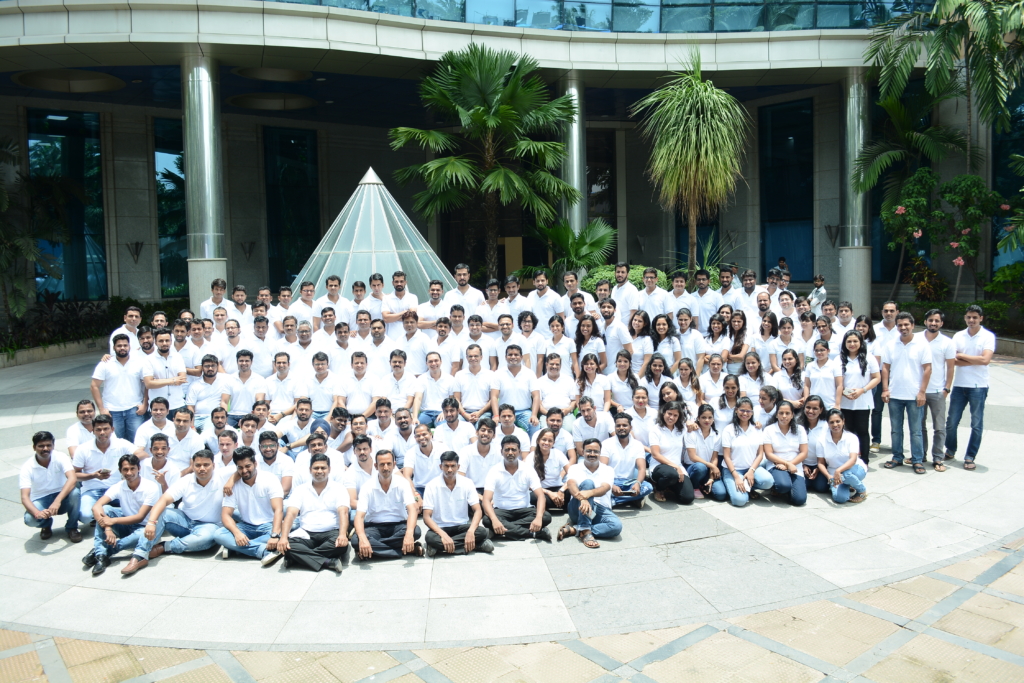
※Cooperation and Editing:pilotboat
